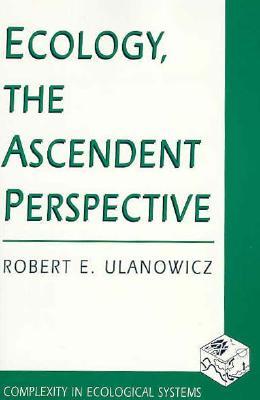Ecology, Ulanowicz argues, needs a more robust central paradigm, and this book presents one derived from current work in information theory, ecosystem energetics, and complexity theory; the result is a theoretical and empirical tool kit better able to measure the developmental status of any living community.
Ranging widely to explore critical issues in the history of science--order, causality, progress, laws--Ulanowicz sets forth a coherent theoretical framework for ecology. He demonstrates that mechanical models can capture behavior of relatively simple, isolated populations, but fail to explain the rich, complex, and sometimes unpredictable mix of order and disorder that characterizes larger systems. A challenge to existing Newtonian and Darwinian paradigms, this book suggests ways to bring ecology from the fringes to the center of science.
Ecology, Ulanowicz argues, needs a more robust central paradigm, and this book presents one derived from current work in information theory, ecosystem energetics, and complexity theory; the result is a theoretical and empirical tool kit better able to measure the developmental status of any living community.
Ranging widely to explore critical issues in the history of science--order, causality, progress, laws--Ulanowicz sets forth a coherent theoretical framework for ecology. He demonstrates that mechanical models can capture behavior of relatively simple, isolated populations, but fail to explain the rich, complex, and sometimes unpredictable mix of order and disorder that characterizes larger systems. A challenge to existing Newtonian and Darwinian paradigms, this book suggests ways to bring ecology from the fringes to the center of science.Paperback
$44.44